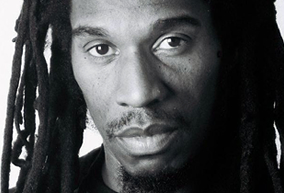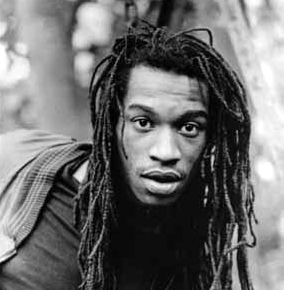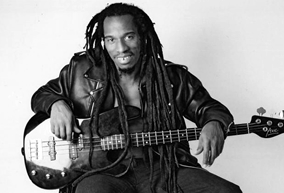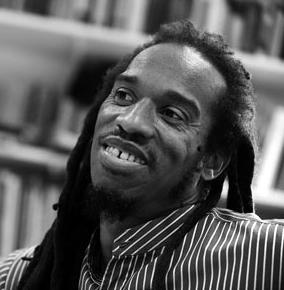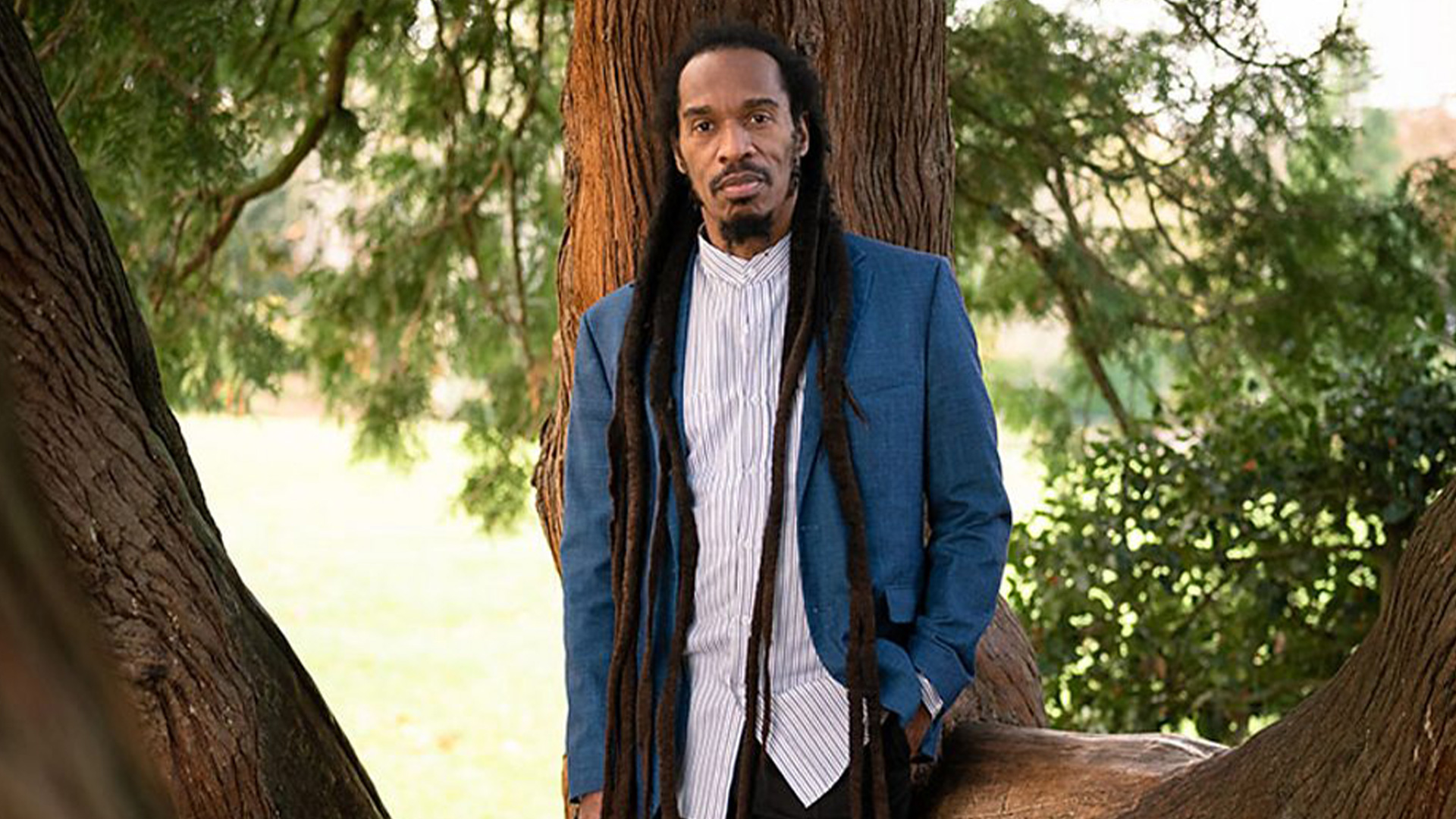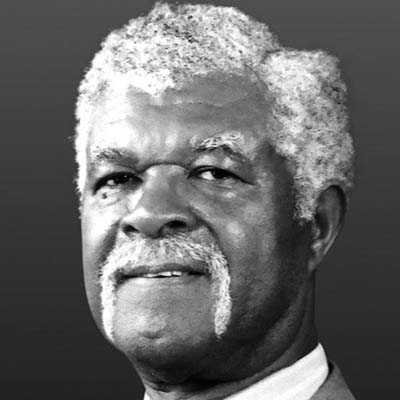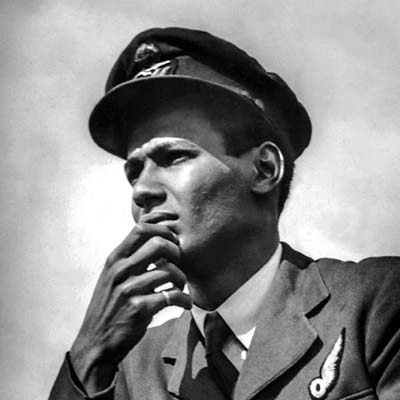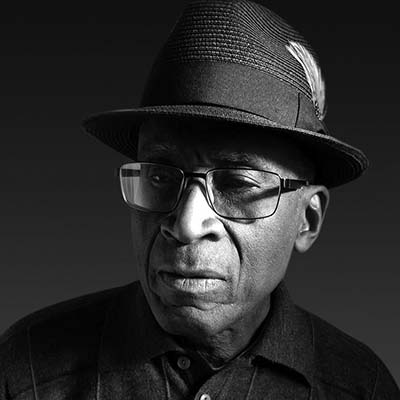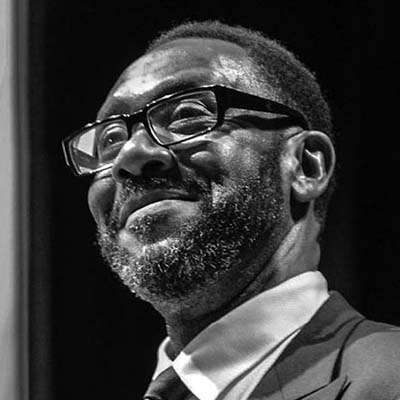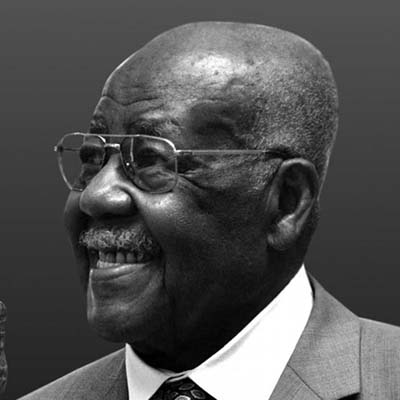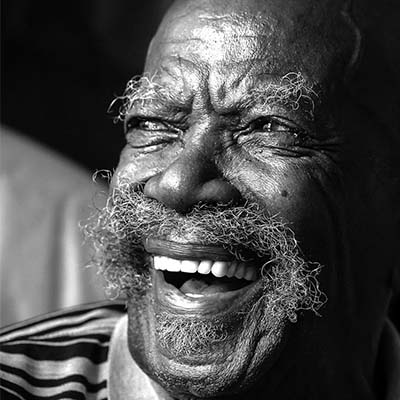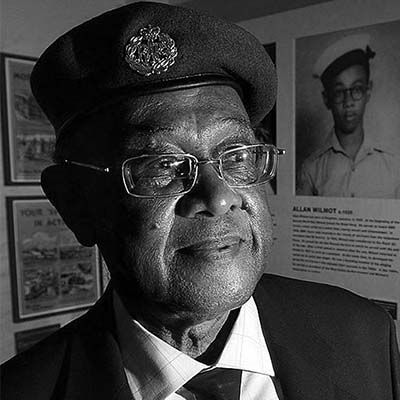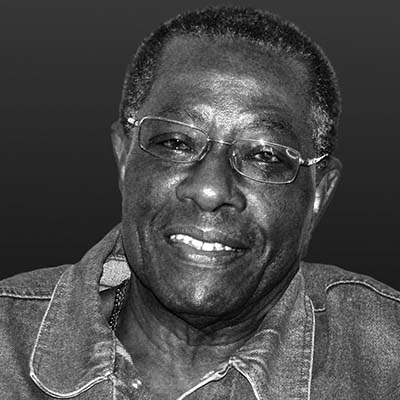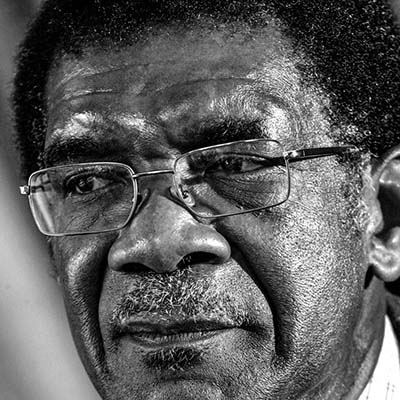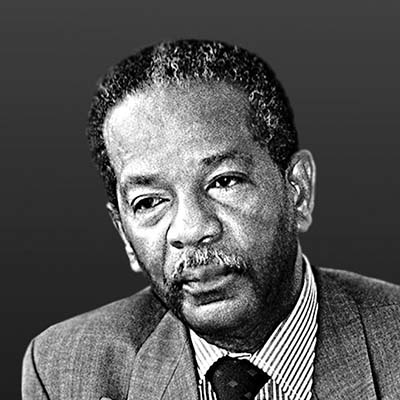BENJAMIN ZEPHANIAH
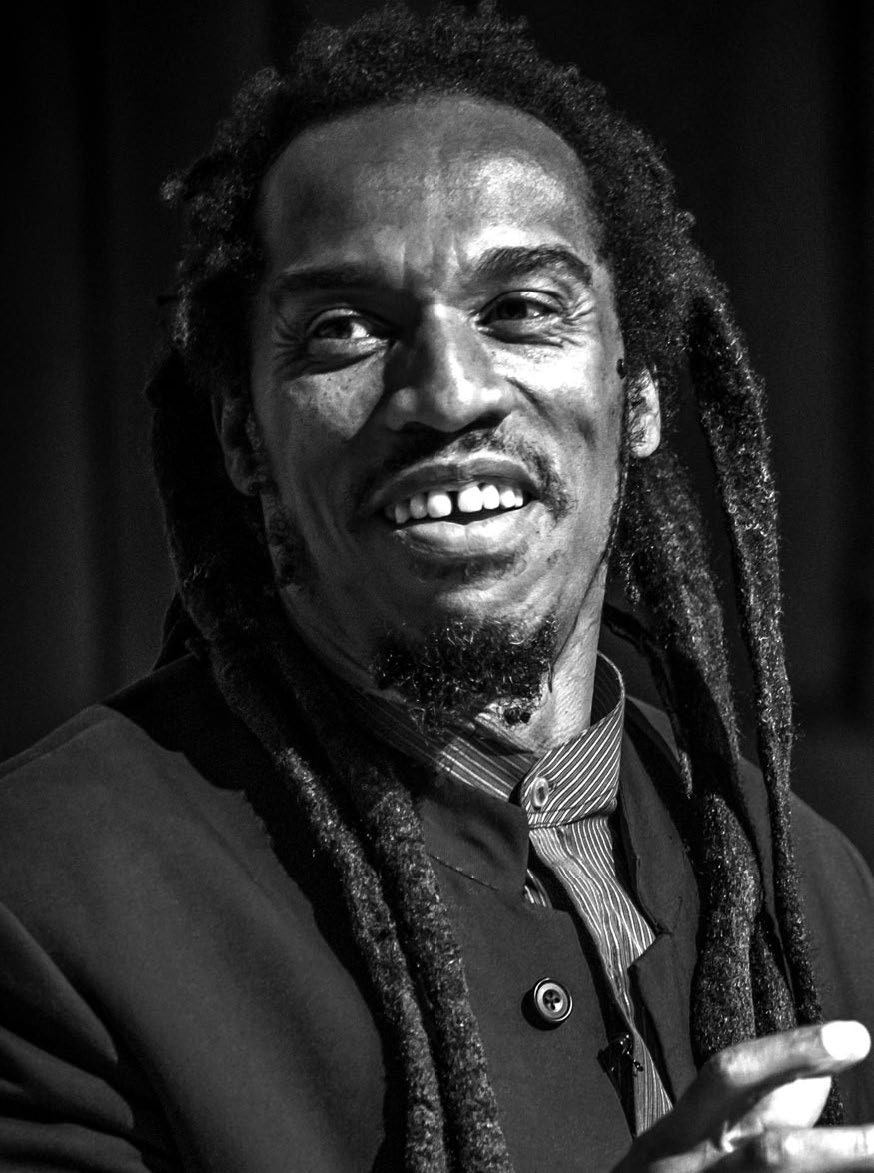
Benjamin Zephaniah went from borstal boy to becoming one of Britain’s most well known poets and recipient of more than a dozen honorary degrees
Share this:
In his 2018 autobiography, The Life and Rhymes of Benjamin Zephaniah, Benjamin says there was never a time when he wasn’t writing poetry – but school had nothing to do with it. Struggling academically and a bit of a tear-away, he left full time education when he was 13 and went off the rails, ending up in a borstal, the young offenders’ institution of the day.
But in Handsworth, Birmingham, where he was born in 1958 to a Barbadian father and Jamaican mother, he’d also gained a reputation as a performance poet and by 15 he had a strong following. Poetry remained a constant and helped turn his life around. In 1979, he headed for London and the following year he published his first collection of poems, Pen Rhythm.
Poetry remained a constant and helped turn his life around. In 1979, he headed for London and the following year he published his first collection of poems, Pen Rhythm.
His second collection, The Dread Affair: Collected Poems (1985) reflected the frustration of a generation, particularly a criminal justice system that was skewed against them.
He extended the political nature of his poems to the international scene with, Rasta Time in Palestine (1990) an account of a visit to the Palestinian occupied territories.
Appointed professor of poetry at Brunel University and the recipient of 16 honorary degrees, Benjamin is also a musician, whose recordings include; Us and Dem (1990) and Belly of de Beast (1996). His first television play, Dread Poets Society, was screened by the BBC in 1991, while Hurricane Dub was one of the winners of the BBC Young Playwrights Festival in 1998.
His radio drama, Listen to your Parents, won the Commission for Racial Equality Race in the Media, Radio Drama Award and has been adapted for the theatre. His tenure as poet in residence at Michael Mansfield QC’s Tooks Chambers inspired his next poetry collection, Too Black Too Strong (2001).
He also writes for children and young adults. Talking Turkeys (1994) and Funky Chickens (1996) was aimed at younger readers. Other titles are Face (1999), described by the author as a story of “facial discrimination”; Refugee Boy (2001), the story of Alem fleeing the conflict between Ethiopia and Eritrea; Gangsta Rap (2004); and Teacher’s Dead (2007).
His radical edge has not lessened over time and in 2003 he famously rejected the offer of an OBE, saying he was “anti-empire”.
Check out more of our Pioneers and Champions
Privacy Policy | Registered charity number: 1159291 | Copyright © 2024 Windrush 70 | Design: ATOMIC CONCEPTS

